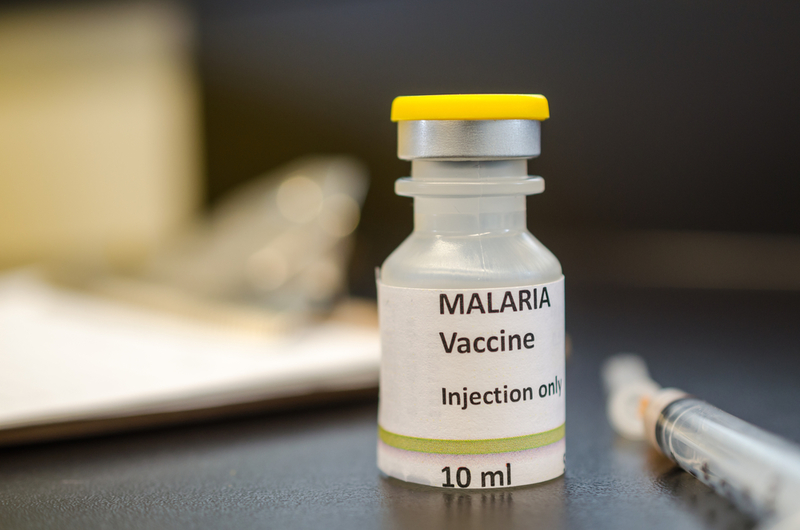Novel malaria vaccine may offer treatment hope
IANS Jul 14, 2018
Researchers have developed a vaccine that protects against malaria infection in mouse models by targeting the specific protein that parasites use to evade the immune system.

Malaria parasites produce a unique protein, named Plasmodium macrophage migration inhibitory factor (PMIF), crucial to the life cycle of the parasite, as it ensures transmission through to new hosts. This PMIF suppresses memory T cells -- the infection-fighting cells that respond to threats and protect the body against re-infection. The study, published in the journal Nature Communications, demonstrates the effectiveness of the anti-PMIF vaccine.
"If you vaccinate with this specific protein used by the malaria parasite to evade an immune response, you can elicit protection against re-infection," said Richard Bucala, from Yale University in Connecticut, US. "To our knowledge, this has never been shown using a single antigen in fulminant blood-stage infection," Bucala added. In the study, the team tested a RNA-based vaccine designed to target PMIF. They used a strain of the malaria parasite with PMIF genetically deleted, and observed that mice infected with that strain developed memory T cells and showed stronger anti-parasite immunity.
Further, the research team used two mouse models of malaria to test the effectiveness of a vaccine using PMIF. One model had early-stage liver infection from parasites carried by mosquitoes, and the other, a severe, late-stage blood infection. In both models, the vaccine protected against re-infection. Finally, the researchers transferred memory T cells from the immunized mice to "naive" mice never exposed to malaria. Those mice were also protected.
The researchers next plan to develop a vaccine for individuals who have never had malaria, primarily young children. "The vaccine would be used in children so that they would already have an immune response to this particular malaria product, and when they became infected with malaria, they would have a normal T cell response, clear the parasite, and be protected from future infection," Bucala said.
-
Exclusive Write-ups & Webinars by KOLs
-
Daily Quiz by specialty
-
Paid Market Research Surveys
-
Case discussions, News & Journals' summaries